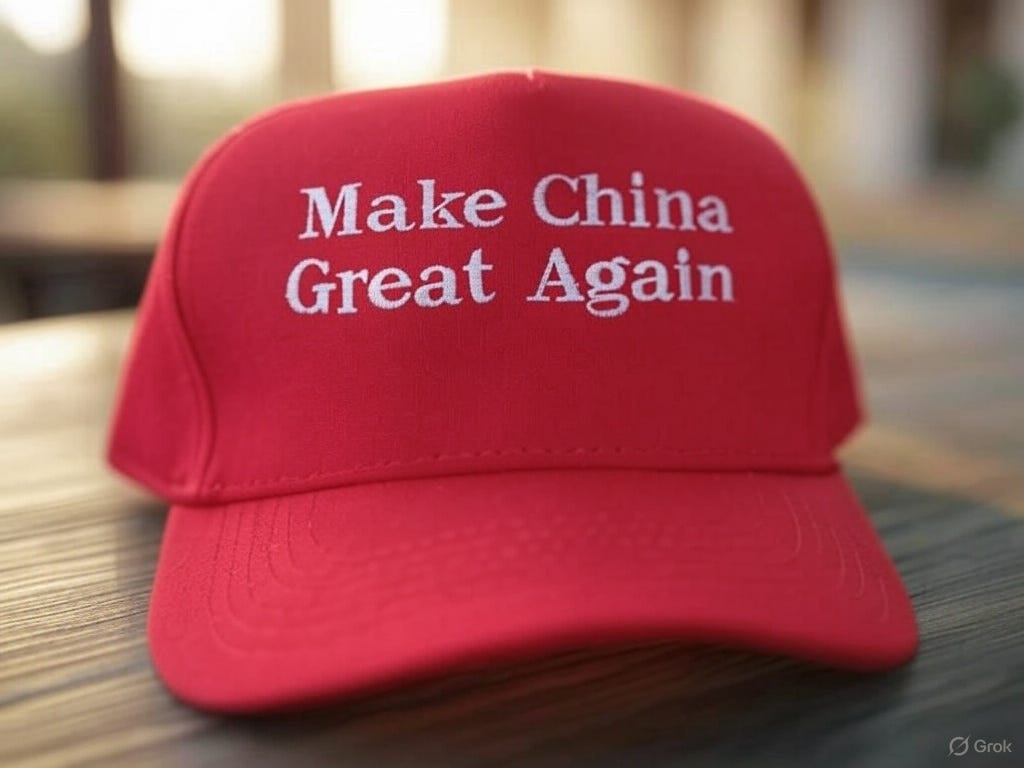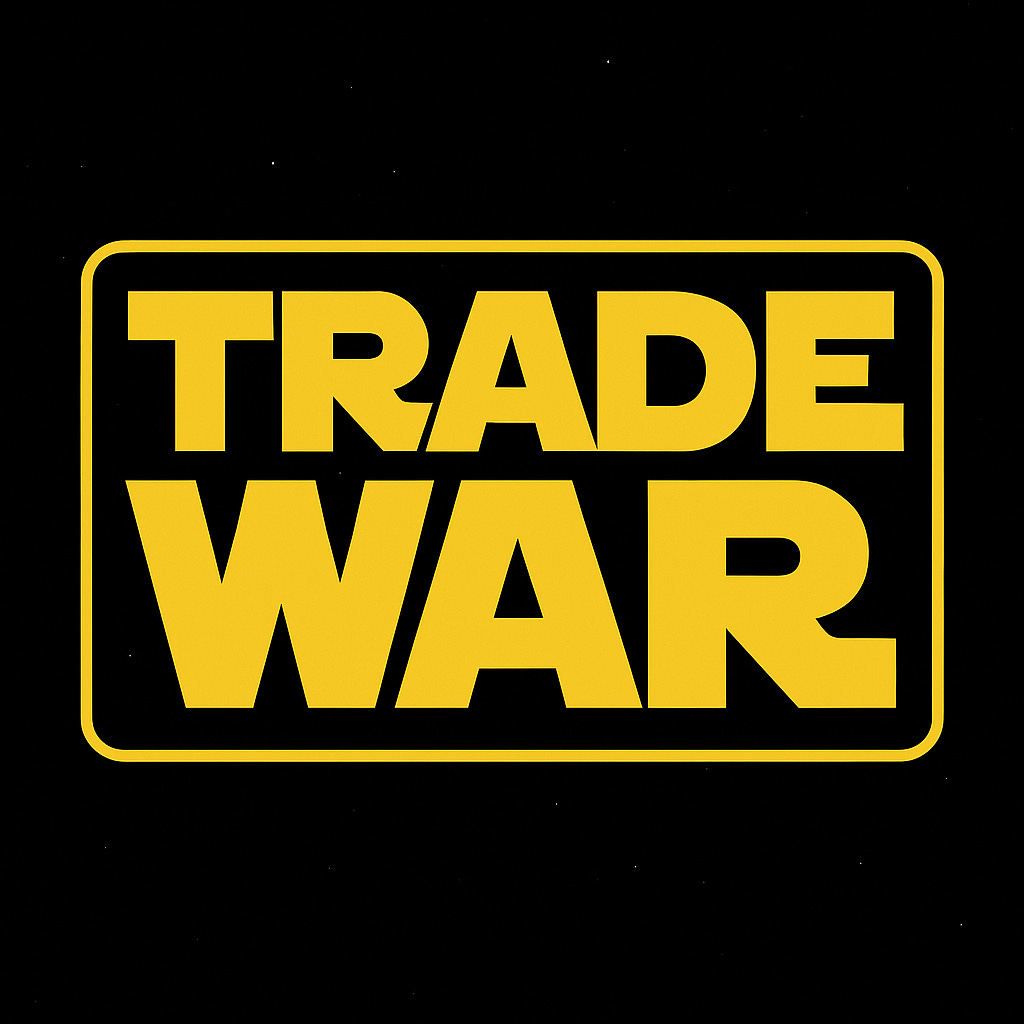Donald Trump’s “Liberation Day” has come and gone, and the self-described “Tariff Man” has launched a new phase in his international trade war. The president’s announcement, made after markets closed on Wednesday, set a universal 10 percent minimum tariff on all imports with higher taxes on imports for countries that Trump doesn’t like. These include 34 percent on China, 24 percent on Japan, and 20 percent on the European Union in addition to a 25 percent tariff on autos, per the Wall Street Journal. This is how one man takes a vibrant, stable economy and turns it into a recession.
Actually, the tariffs are not universal. They have a notable exception in that they don’t include Russia, Belarus, Cuba, and North Korea. Per Newsweek, the omission is because the US has no trade with these countries due to sanctions, but two other sanctioned countries, Iran and Syria, were assigned tariffs of 10 and 40 percent respectively.
Inconsistency, thy name is Trump! And you know what they say about inconsistency.
Prior to the announcement, much of the talk had been about reciprocal tariffs. Trump’s announcement was much worse than that.
While some argument can be made for reciprocal tariffs, famed economist Milton Friedman explained long ago why such tit-for-tat protectionism is a bad idea in his 1962 book, Capitalism and Freedom, saying, “Our tariffs hurt us as well as other countries. We would be benefited by dispensing with our tariffs even if other countries did not. We would of course be benefited even more if they reduce theirs but our benefiting does not require that they reduce tariffs. Self-interests coincide and do not conflict.”
But Trump’s tariffs are not reciprocal. Trump’s universal tariffs even tax imports from countries that do not tax American imports. This includes Israel, which unilaterally dropped tariffs on US goods the day before Trump’s announcement. Israel’s 17-percent tariff gives lie to the claim that Trump’s tariffs were only a negotiating tactic.
And since Trump’s tariffs are not reciprocal, the target countries, which include the entire world, can be expected to impose their own reciprocal tariffs on the US, Milton Friedman be damned. Will Donald Trump then increase American tariffs in return? The magic eight ball says, “All signs point to yes.”
The bottom line is that Trump is not “protecting” American industry from foreign imports; he is killing American export markets. This isn’t supposition because we’ve seen it before in Trump’s first term when American manufacturers and farmers lost foreign buyers because of Tariff War I.
If we ask ourselves what Trump’s “Liberation Day” is liberating us from, that list includes lower prices, consumer choices, economic stability, higher standards of living, good international relations, and, of course, jobs. Tariffs are a crony capitalistic tactic that may protect some jobs in favored industries but kill jobs elsewhere. The tariffs of Trump’s first term even killed hundreds of thousands of the manufacturing jobs they were meant to protect.
With a tariff war, as the military supercomputer said in War Games, “The only winning move is not to play,” but you might ask yourself who would emerge with the least worst outcome. One thing I can tell you is that it won’t be the country that isolates itself against the entire world.
No, the trade war won’t benefit the US. And it won’t benefit the Trump Administration or the Republican Party either. Politicians and parties who start recessions on purpose are not usually rewarded for their actions.
Instead, the countries that are most likely to emerge from the trade war with expanded influence and markets are our competitors. And who is our biggest competitor? China.
Follow along with my reasoning. When Trump’s trade taxes go into effect (and some will be effective by the time you read this), other countries will throw up their own walls of protectionism. When this happens, American exports will become more expensive, and our trading partners will look for new producers. China, with its growing industrial base and desire to expand its influence (rather than isolate), is a logical choice.
Other countries will benefit as well Brazilian and Canadian farmers will sell to buyers who used to parter with American sellers. Again, this is history, not speculation. Canada is also a major source of American oil imports. Do Trump and MAGA really think that Canadian oil producers won’t be able to find markets for the oil that we don’t buy? They will do so easily and probably at higher prices.
With China, the opportunities from Trump’s foolish policies go beyond the trade war. The Trump-DOGE attack on federal programs leaves much of the world wide open to Chinese overtures. Not only have the Trumpists (probably unconstitutionally) shut down US AID and many other foreign aid programs, they have also silenced American outreach to people in authoritarian countries through the Voice of America and pro-democracy programs. China and other aggressive dictatorships love this.
Left unsaid by the supporters of Trump’s tariffs is that Trump’s attacks on our economic partners also strain our military alliances. The trade war may not break NATO, but Chinese ascendancy with countries that were formerly partnered with the US for trade could easily leave the US without support in an international crisis.
Suppose China makes a move on Taiwan in a year or two. They’ve recently been rehearsing for a blockade of the breakaway republic, so this is not farfetched. If Donald Trump or a MAGA president is in office, there is a nonzero chance that the US won’t do anything because MAGA is isolationist and tired of “endless wars,” so the odds are good that Xi will roll the dice and go for it.
Assuming that the US does decide to intervene, we may find ourselves with a small and ineffective coalition because Trump’s trade policies have forced other nations to become more dependent on China. It is also not farfetched at all to think that China would use economic blackmail to keep countries on the sidelines both in the UN and on the frontlines, and Donald Trump’s talent for diplomacy is nonexistent.
I’ll say it again: The trade war won’t be good for anyone, but it is going to be not good in the extreme for the US. Trump is isolating America against the world, and the world is about to find ways to get along without America.
Donald Trump isn’t making America great again. He’s making America irrelevant, and China will be the main beneficiary of that new reality.

